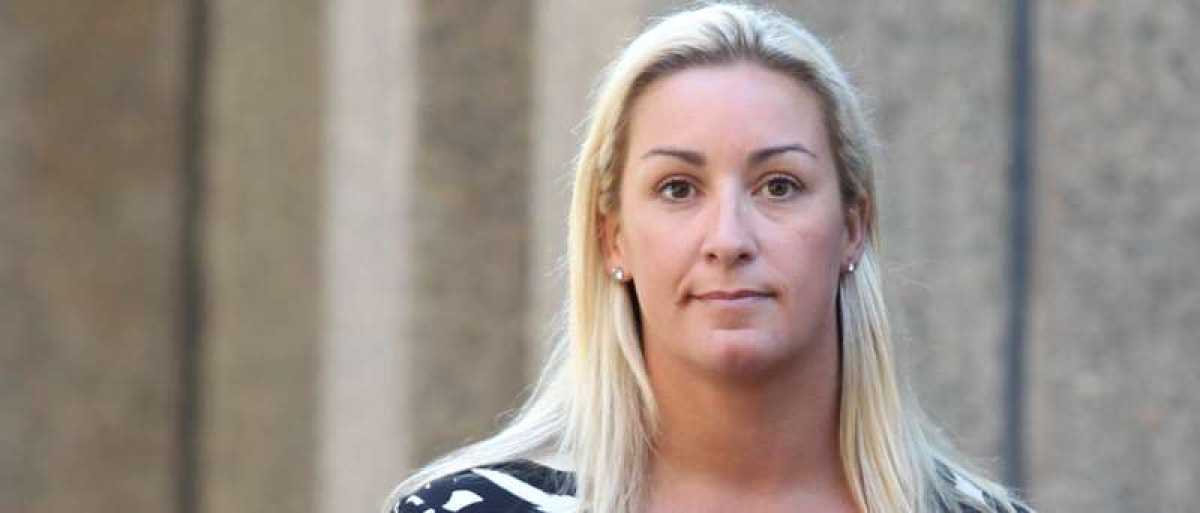News
Controversy Surrounds Keli Lane’s Parole Denial Under ‘No Body, No Parole’ Laws

Convicted baby killer Keli Lane has been denied parole under NSW’s new ‘no body, no parole’ laws, sparking controversy and legal debate.
Lane, who was convicted of murdering her newborn daughter Tegan in 1996, has been serving a sentence of over 13 years in various prisons, including Silverwater Jail.
The State Parole Authority’s decision to deny her parole was based on Lane’s failure to cooperate with police to identify the location of Tegan, whose body has never been found.
In her defense, Lane maintains that she handed Tegan over to a man she named as Andrew Norris or Morris shortly after giving birth at Auburn Hospital.
Legal experts, including retired Supreme Court Justice Anthony Whealy, have criticized the ‘no body, no parole’ laws, arguing that they may not be suitable for cases where the offender maintains their innocence.
Despite the controversy, the parole authority emphasized that Lane’s lack of cooperation with the police regarding Tegan’s whereabouts was the key factor in their decision to deny her release.
Keli Lane’s case has drawn comparisons to other high-profile criminal trials, such as that of former Sydney teacher Chris Dawson, who was convicted of killing his wife Lynn without her body ever being found.
The ‘no body, no parole’ legislation, introduced in 2022, has raised questions about its application in cases where there is a lack of evidence linking the offender to the crime.
As Lane’s parole was denied, she is expected to remain in prison until her full sentence expires in December 2028, unless further legal developments occur.












